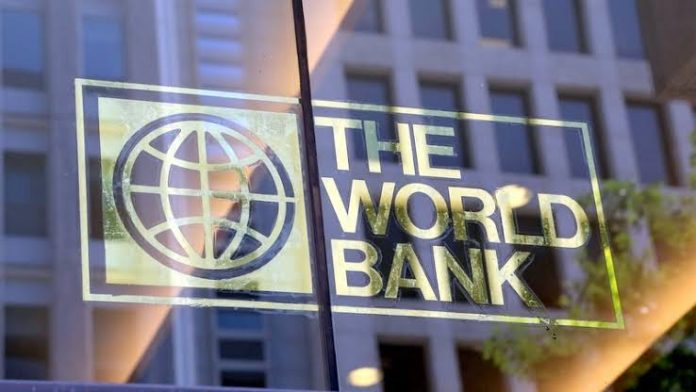The World Bank has said that about $9.3 billion was required annually to finance the education of refugee children in low and middle income countries of the world
The bank, in a publication entitled, “Refugee education: Financing what matters,” citing statistics got in 2022, said aid to refugee education amounted to $2.6 billion, while host governments and philanthropists contributed $2.4 billion, leaving a deficit of nearly 50 percent
According to the United Nations High Commission for Refugees, UNHCR, there were about 14.8 million school aged refugee children that are out of school.
World Bank emphasized the need for the inclusion of refugees in the education system of their host countries.
It said: “Three major questions arise: what does inclusion mean, why does it matter and how do we get there? Inclusion refers to refugee children attending schools that are part of the host country’s national public system, funded through government channels, and attended by both refugee and host community children together.
“The benefits of education for refugee children are clear. Quality education can lead to higher incomes, increased self-sufficiency and reduced aid dependency. It can strengthen the ability of refugees to contribute to host country economies and promote sustainable return to and reconstruction of countries of origin.
“There are positive social spillovers in the form of reduced child labour, early marriage and sexual violence and better health outcomes. Yet, education can be provided through parallel systems or national systems – why should we focus on the latter?”
-Advertisement-
Grab our latest Magazine, "Chief Wole Olanipekun, CFR, SAN, A man of wide horizons and deep intentions". Get your order fast and stress free.
For more details about Newswire Law&Events Magazine, kindly reach out to us on 08039218044, 09070309355. Email: newswiremagazine@yahoo.co.uk. You will be glad you did







